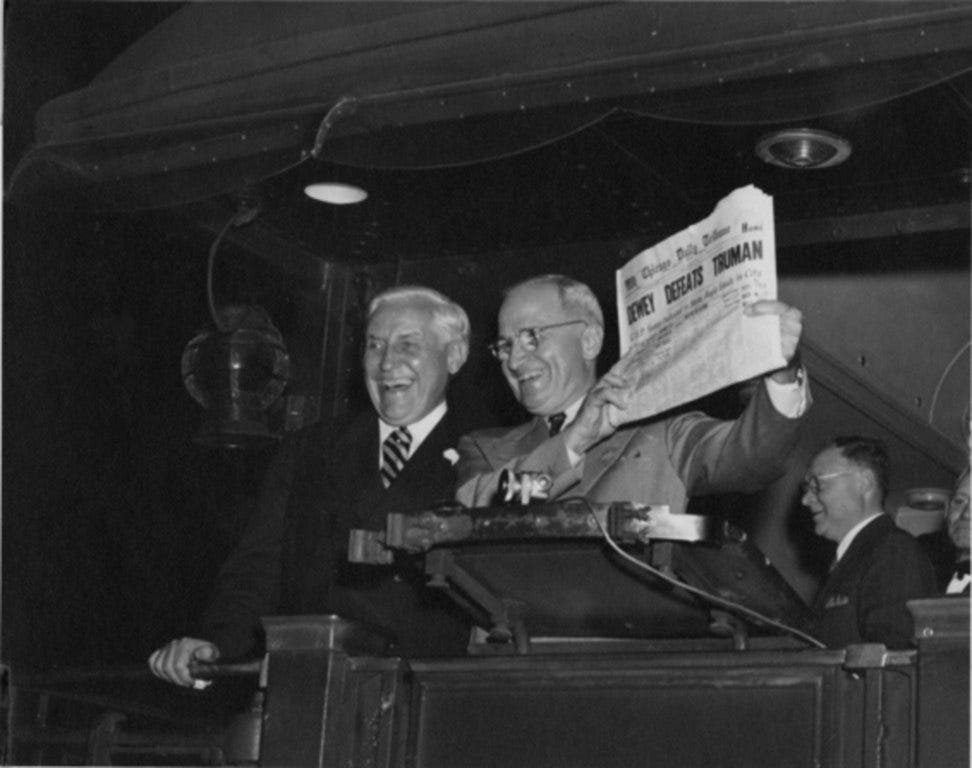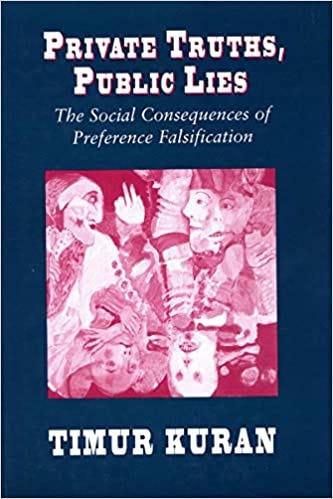
The US political system provides an unusually clear measure of how strong or weak a major Party nominee for President is: compare their popular vote with the share of the vote their nominating Party got in the House of Representatives election.
On that measure, Hillary Clinton was a mediocre candidate: she received essentially the same share of the vote as the Democrats did in the House of Representatives (48.2% to 48.0%). Obama was a strong candidate: in 2012 he received a significantly higher vote than his nominating Party did in the House of Representatives (51.1% to 48.8%, +2.3%pts).
Donald Trump was an electorally weak candidate: he received significantly lower vote than his nominating Party did in the House of Representatives (46.1% compared to 49.1%, -3%pts). That he won the Electoral College anyway is the basis for my position that almost anyone the Republicans nominated in 2016 would have beaten Hillary.
When we compare an average of the polls in 2016 with the current pattern, we can see that Vice President Joe Biden has a generally larger, and much more persistent, lead in the polls than Hillary did. Not surprising, Hillary was, according to the polling, the most disliked major Party nominee in decades. Apart, of course, from the present incumbent.
For President Trump to be re-elected, he either needs a remarkable late surge in support or the polls have to be systematically wrong to a startling degree.
The polls could be systematically wrong. There are three ways in which they could be systematically wrong.
- Who ends up voting systematically diverges from the selected samples. The sampling patterns of the pollsters could be misreading the likely voters, skewing their results, if the error is disproportionately in a particular direction.
- Who ends up voting systematically diverges from who is being polled. If non-responders disproportionately support one candidate, that can skew the results.
- People responding to the polls misrepresent their voting intentions. If people intending to vote for one candidate disproportionately misrepresent their voting intentions, that can skew the results.
It is certainly possible to posit a scenario where one or more these factors are significant and operate to under-state support for President Trump. Especially in a society with rising concern about digital privacy. Nevertheless, that would have to be true, and true to a startling degree, for, on current trends, the polls to be as wrong as would be required for President Trump to be re-elected.

The US has become a society where people are hesitant to express various views, including support for President Trump. In a society where people are systematically sanctioned for expressing particular opinions, you end up with a pervasively dishonest society with broken feedbacks. Public spaces become dominated by preference-falsification.
If the polls do turn out to be wildly wrong on Election Day, that will likely say something rather unfortunate about the state of public discourse in the United States.
Cross-posted from Medium.


No comments:
Post a Comment